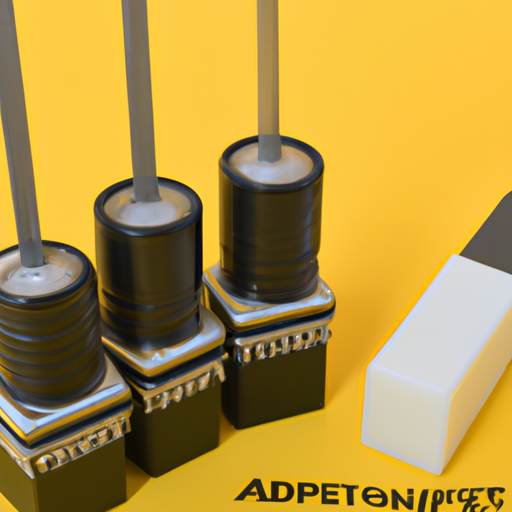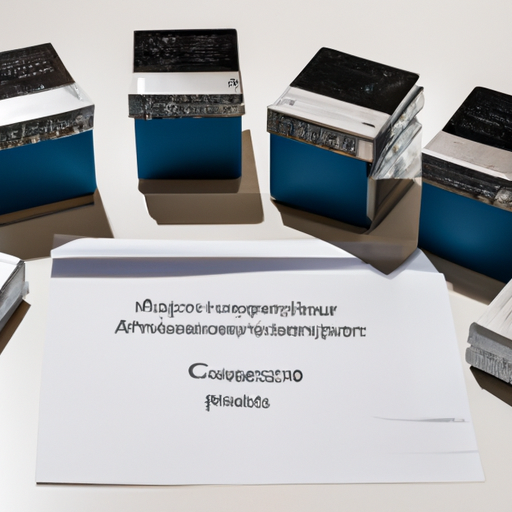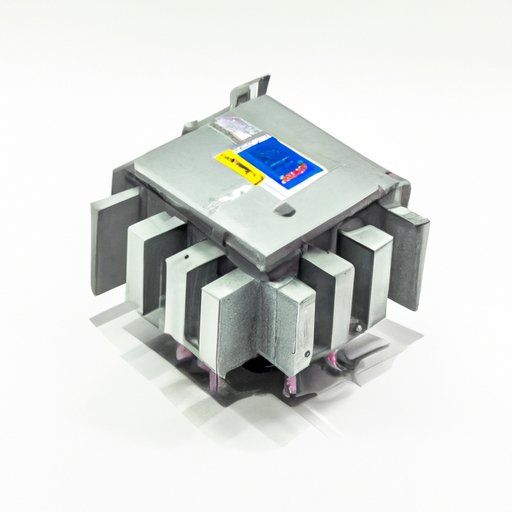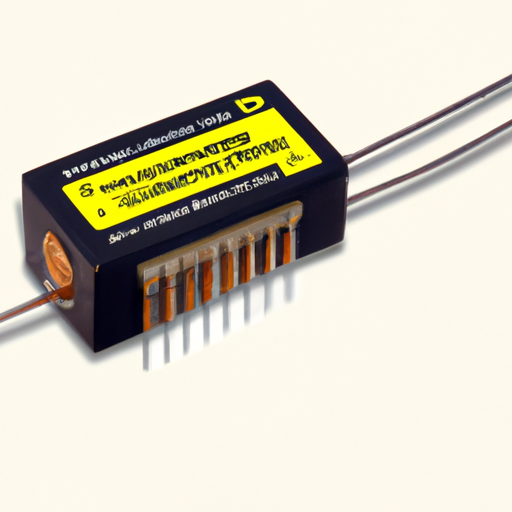What are the main application directions of capacitors?
What are the Main Application Directions of Capacitors?
I. Introduction
Capacitors are fundamental components in electronic circuits, playing a crucial role in a wide array of applications. Defined as passive electrical devices that store energy in an electric field, capacitors are essential for managing electrical energy in various forms. Their ability to store and release energy makes them indispensable in modern technology, from consumer electronics to industrial machinery. This article aims to explore the main application directions of capacitors, highlighting their significance and versatility across different sectors.
II. Basic Principles of Capacitors
A. Explanation of How Capacitors Work
At their core, capacitors consist of two conductive plates separated by an insulating material known as a dielectric. When a voltage is applied across the plates, an electric field is created, allowing the capacitor to store electrical energy. The amount of energy a capacitor can store is quantified by its capacitance, measured in farads (F). Capacitance is influenced by the surface area of the plates, the distance between them, and the properties of the dielectric material.
B. Types of Capacitors
Capacitors come in various types, each suited for specific applications:
1. **Electrolytic Capacitors**: Known for their high capacitance values, these capacitors are polarized and often used in power supply applications.
2. **Ceramic Capacitors**: These non-polarized capacitors are widely used in high-frequency applications due to their stability and low losses.
3. **Film Capacitors**: Made from thin plastic films, these capacitors are known for their reliability and are often used in audio and power applications.
4. **Tantalum Capacitors**: These capacitors offer high capacitance in a small size and are commonly used in portable electronics.
5. **Supercapacitors**: Also known as ultracapacitors, they can store large amounts of energy and are used in applications requiring rapid charge and discharge cycles.
III. Main Application Directions of Capacitors
A. Power Supply and Energy Storage
Capacitors play a vital role in power supply systems by smoothing voltage fluctuations. They act as buffers, storing energy during peak loads and releasing it during low demand, thus stabilizing the voltage supplied to electronic devices. Additionally, capacitors are essential for power factor correction, improving the efficiency of electrical systems by reducing reactive power. In renewable energy systems, such as solar and wind, capacitors help manage energy storage and distribution, ensuring a steady supply of power.
B. Signal Processing
In signal processing, capacitors are integral to the design of filters, which are used to allow certain frequencies to pass while blocking others. Low-pass, high-pass, and band-pass filters utilize capacitors to shape signals in audio and radio frequency circuits. Capacitors also play a crucial role in oscillators and timers, where they help generate precise frequencies and time delays, essential for various electronic applications.
C. Timing and Oscillation
Capacitors are fundamental components in RC (resistor-capacitor) circuits, which are widely used for timing applications. These circuits can create time delays, making them essential in clocks and timers. Additionally, capacitors are used in frequency generation, where they work alongside inductors to create oscillating circuits, crucial for radio transmitters and receivers.
D. Coupling and Decoupling
In communication systems, capacitors are vital for AC coupling, allowing alternating current signals to pass while blocking direct current. This is essential for maintaining signal integrity in audio and video applications. Decoupling capacitors are also critical in integrated circuits, where they help filter out noise and stabilize voltage levels, ensuring reliable operation of electronic devices.
E. Motor Start and Run Capacitors
Capacitors are essential in single-phase motors, where they provide the necessary phase shift to start the motor. Start capacitors give an initial boost, while run capacitors improve efficiency during operation. These capacitors are widely used in HVAC systems and industrial machinery, ensuring smooth and efficient motor performance.
F. Automotive Applications
In the automotive industry, capacitors are used in electronic control units (ECUs) to manage various functions, from engine control to safety systems. With the rise of electric and hybrid vehicles, capacitors are increasingly important for energy storage and management, helping to optimize performance and efficiency. Additionally, capacitors play a role in infotainment systems, providing stable power for audio and navigation systems.
G. Consumer Electronics
Capacitors are ubiquitous in consumer electronics, found in smartphones, tablets, televisions, and audio equipment. They help manage power supply, filter signals, and ensure the smooth operation of devices. In gaming consoles and computers, capacitors are crucial for maintaining performance and stability, particularly during high-demand scenarios.
IV. Emerging Trends and Future Directions
A. Advancements in Capacitor Technology
The field of capacitor technology is rapidly evolving, with advancements in materials and manufacturing processes leading to improved performance. New materials, such as graphene and advanced ceramics, are being explored to enhance capacitance and reduce size. Miniaturization is a key trend, allowing for smaller capacitors with higher capacitance values, making them suitable for compact electronic devices.
B. Role in Electric Vehicles and Energy Storage Systems
As the demand for electric vehicles (EVs) grows, capacitors are becoming increasingly important for energy storage and management. Supercapacitors, in particular, are being integrated into EV systems to provide rapid charging and discharging capabilities, enhancing performance and efficiency. Additionally, capacitors are essential in energy storage systems, helping to balance supply and demand in renewable energy applications.
C. Potential Applications in IoT and Smart Devices
The Internet of Things (IoT) and smart devices are driving new applications for capacitors. As these devices become more interconnected, the need for efficient power management and signal processing increases. Capacitors will play a crucial role in ensuring reliable operation and performance in this rapidly evolving landscape.
V. Conclusion
In summary, capacitors are integral components in a wide range of applications, from power supply and energy storage to signal processing and consumer electronics. Their versatility and importance in modern technology cannot be overstated. As advancements in capacitor technology continue to emerge, their role in future technological developments will only grow, paving the way for innovations across various industries. Capacitors will remain at the forefront of electrical engineering, contributing to the efficiency and performance of countless devices and systems.
VI. References
1. "Capacitors: Principles and Applications" - Academic Journal
2. "Advancements in Capacitor Technology" - Industry Report
3. "The Role of Capacitors in Electric Vehicles" - Research Paper
4. "Capacitors in Consumer Electronics" - Technical Article
5. "Standards and Guidelines for Capacitor Use" - Industry Standards Document
This blog post provides a comprehensive overview of the main application directions of capacitors, emphasizing their significance in various sectors and the emerging trends shaping their future.






